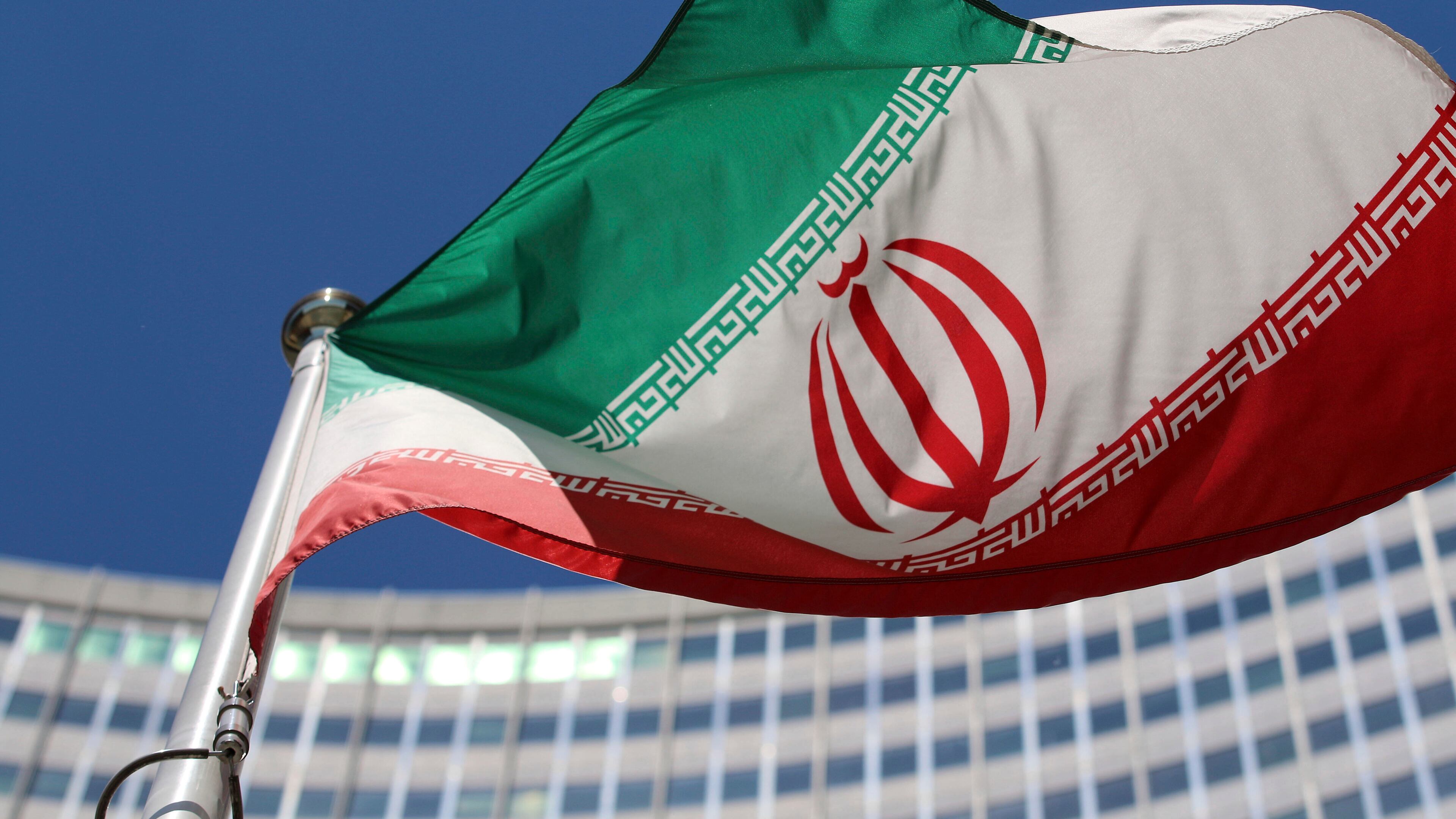UN Security Council votes against lifting Iran 'snapback' sanctions ahead of deadline

UNITED NATIONS (AP) — A U.N. Security Council resolution aimed at halting the reimposition of sanctions on Iran over its nuclear program failed Friday after weeks of last-ditch diplomatic talks appeared to break down days before the annual United Nations gathering of world leaders.
The resolution put forth by South Korea, the current president of the 15-member council, did not garner the support of the nine countries required to halt the series of sanctions from taking effect at the end of the month, as outlined in Iran’s 2015 nuclear deal with world powers.
Only four countries — China, Russia, Pakistan and Algeria — supported the effort, with some using the meeting to blast the European leaders for what they called an unjustified and illegal action against Iran.
“Their only goal now is to use the council as a tool for their bad faith play, as a lever to exert pressure on the state in favor of a state which is trying to defend its sovereign interests,” Vassily Alekseevich Nebenzia, the Russian ambassador to the U.N., said ahead of the vote. The Chinese envoy echoed that sentiment, saying that the council's action on this issue has managed to bring a “definitive” end to eight years of diplomacy with “one stroke.”
Iranian ambassador Amir-Saeid Iravani thanked his four colleagues for voting in favor of lifting the sanctions and rejecting “the blunt instrument of pressure and intimidation.”
“They have chosen to stand on the right side of history,” he said.
France, Germany and the United Kingdom moved last month to trigger the “ snapback mechanism,” which automatically reimposes all U.N. sanctions that were in effect before the nuclear deal. Those penalties included a conventional arms embargo, restrictions on ballistic missile development, asset freezes, travel bans and a ban on producing nuclear-related technology.
The process is designed to be veto-proof unless the U.N.'s most powerful body agrees to stop it. But the U.K. indicated Friday that the failed vote does not close the door for future efforts to halt the sanctions.
“The United Kingdom remains committed to a diplomatic solution,” Barbara Woodward, the British ambassador to the U.N., said during her remarks. “We are ready for further engagements diplomatically in the next week and beyond to seek to resolve differences.”
Over the last several weeks, intensified diplomacy between Iran and the European countries has taken place, but without a resolution so far, there were indications that sanctions were likely.
When asked in an interview on Thursday on Israel’s Channel 12 whether the “snapback” was a done deal, French President Emmanuel Macron said, “Yes, I think so because the latest news we had from the Iranians are not serious.”
German and European Union leaders had warned Iran in a call on Wednesday that it had yet to take the necessary action to stop the reimposition of sanctions against the Islamic Republic, which is already reeling from a 12-day war and a decades-long financial crisis.
“The window for finding a diplomatic solution on Iran’s nuclear issue is closing really fast,” the EU’s top diplomat, Kaja Kallas, said in a statement. “Iran must show credible steps towards addressing the demands of France, U.K. and Germany, and this means demonstrating full cooperation with the International Atomic Energy Agency and allowing inspections of all nuclear sites without delay.”
In a statement issued hours later, Iranian Foreign Minister Abbas Araghchi again asserted that the reimposition of U.N. sanctions was “lacking any legal or logical justification.”
He also pointed to the fact that Iran and the U.N. nuclear watchdog earlier reached a deal mediated by Egypt to grant the IAEA access to all Iranian nuclear sites and for Tehran to report on the whereabouts of all its nuclear material.
Details of the agreement were not immediately released. In an address last week to his agency’s board of governors in Vienna, IAEA Director Rafael Grossi said the document “provides for a clear understanding for the procedures of inspection notifications and their implementation.”
The agreement “includes all facilities and installations in Iran and it also contemplates the required reporting on all the attacked facilities including the nuclear material present at those,” Grossi added, noting it will “open the way for the respective inspections and access” without specifying when that would happen.
A 12-day war Israel launched against Iran in June saw both the Israelis and the Americans bomb Iranian nuclear sites, throwing into question the status of Tehran’s stockpile of uranium enriched nearly to weapons-grade levels.
Using the “snapback” mechanism will likely heighten tensions between Iran and the West. It’s unclear how Iran will respond, given that in the past, officials have threatened to withdraw from the Nuclear Nonproliferation Treaty, potentially following North Korea, which abandoned the treaty in 2003 and then built atomic weapons.
___
Associated Press writers Jennifer Peltz, Jon Gambrell in Dubai, United Arab Emirates, and Stephanie Liechtenstein in Vienna contributed to this report.
More Stories
The Latest

